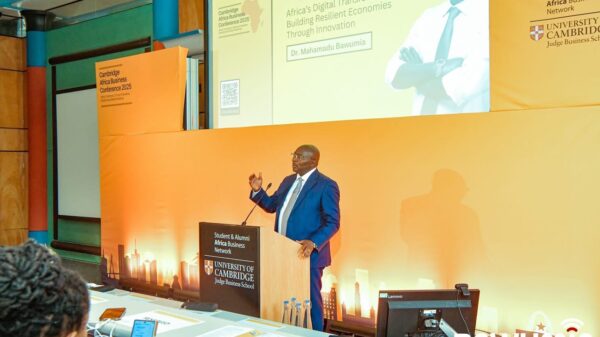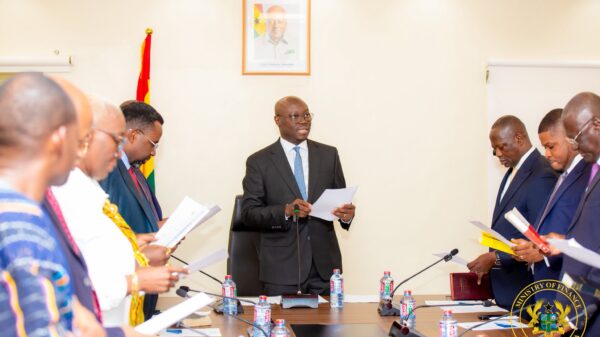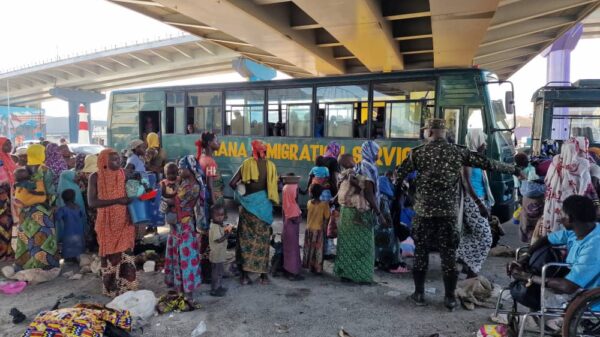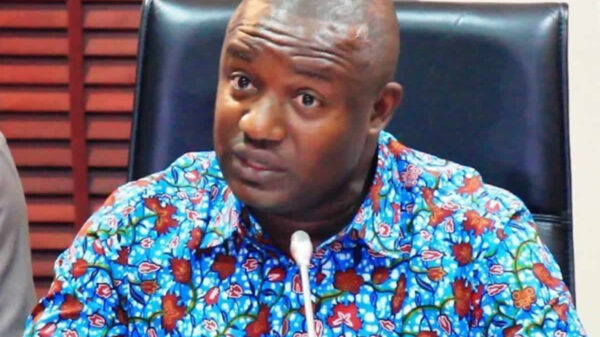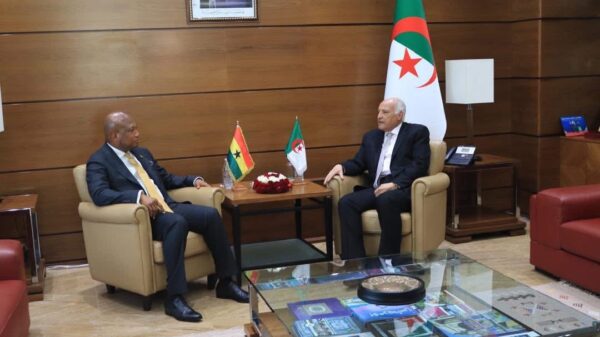In a strategic move aimed at enhancing the quality of healthcare delivery across Ghana, the Parliamentary Select Committee on Health will undertake a comprehensive four-day tour of key Regional and Teaching Hospitals from Tuesday, April 22 to Friday, April 25, 2025.
The nationwide tour is designed to evaluate the state of healthcare infrastructure, identify systemic challenges, and develop practical solutions to strengthen healthcare service delivery throughout the country.
As part of the initiative, Members of the Committee will be divided into three teams, each tasked with visiting specific hospitals within designated regions.
• Team One will visit the Bolgatanga Regional Hospital, Nalerigu Regional Hospital, Tamale Teaching Hospital, Tamale Regional Hospital, and Wa Regional Hospital.
• Team Two will tour the Damongo Regional Hospital, Techiman Regional Hospital, Sunyani Regional Hospital, and Goaso Regional Hospital.
• Team Three is scheduled to assess the Kumasi Regional Hospital, Komfo Anokye Teaching Hospital, Koforidua Regional Hospital, Ho Regional Hospital, Ho Teaching Hospital, and the Greater Accra Regional Hospital.
The primary objective of this exercise is to assess the current state of health facilities and service delivery across the regions. It aligns with the Committee’s broader mandate to ensure quality, accessible, and equitable healthcare for all Ghanaians.
Committee members will engage directly with health practitioners, administrators, and other key stakeholders to gain firsthand insights into operational difficulties and systemic issues facing these essential health institutions. These engagements are expected to inform policy recommendations and guide strategic interventions in the health sector.
The Parliamentary Select Committee on Health plays a critical oversight role in shaping Ghana’s health policies and ensuring that national health programmes and institutions operate efficiently and in the best interest of citizens. The Committee is urging all stakeholders, including health professionals and regional health administrators, to actively participate in the upcoming visits and share relevant insights that could drive meaningful improvements in healthcare delivery


